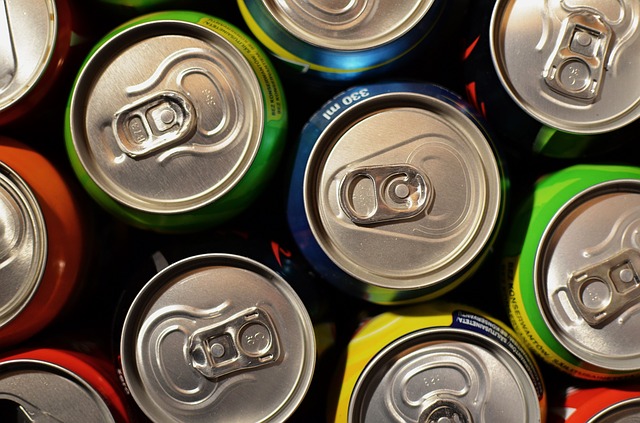If you think that daily soda is only bad for your teeth and waistline, think again. New research out of England finds that a diet high in sugar is linked with high levels of fat in your blood and liver. Researcher Bruce Griffin from England notes that, “Consuming high amounts of sugar can alter your fat metabolism in ways that could increase your risk of cardiovascular disease.”
Dietitians are not surprised as sugar offers nothing but empty calories, but may also increase metabolic demand of the liver. Griffin’s researcher assigned a high sugar diet (650 calories of sugar/day) and a low sugar diet (140 calories in sugar/day) to a group of middle-aged men, 11 and 14 men, respectively. Too much fat accumulation in the liver is unhealthy. In Griffin’s study, men with high fat levels already had NAFLD (non-alcoholic fatty liver disease). NAFLD is linked with obesity and affects about 25% of US adults.
Subjects were asked to follow either a diet containing 650 calories from sugar (high sugar) or 140 calories from sugar (low sugar) for three months. The researchers found that men on the high sugar diet with NAFLD had alterations in fat metabolism- the way the body breaks down fat to be used for energy. The researchers state that these changes are associated with higher rates of heart disease, including heart attacks and strokes.
In subjects with healthy fat levels that consumed the high sugar diet, similar changes were also noted in liver function. Griffin concluded that a high sugar diet can affect fat in the liver and raise the risk for heart disease. These findings are concerning as the rate of NAFLD is increasing in children and adults.
Even though most adults don’t consume that much sugar, it can add up quickly in children’s and teens’ diets. Consider that your morning doughnut adds 80 calories from sugar and two sodas add 320 calories. A granola bar with lunch lumps in another 48 and after dinner ice cream piles on 112 calories in one cup.
Hidden sources of sugar include breakfast cereal, sauces and condiments. The US Dietary Guidelines advise no more than 10% of total calories come from added sugar. This is the equivalent to about 140 calories per day from sugar, or one regular soft drink (considering other sugar calories will be lurking in other food).
To reduce your sugar intake, drink water in place of soda or sports drinks. Save desserts for special occasions. Choose nuts for a snack in place of granola bars. Look for other terms that mean sugar in the ingredients label such as sucrose, fructose, dextrose, maltodextrin and syrup.
By Lisa Andrews, MEd, RD, LD
Copyright foodandhealth.com, reprinted with permission.

